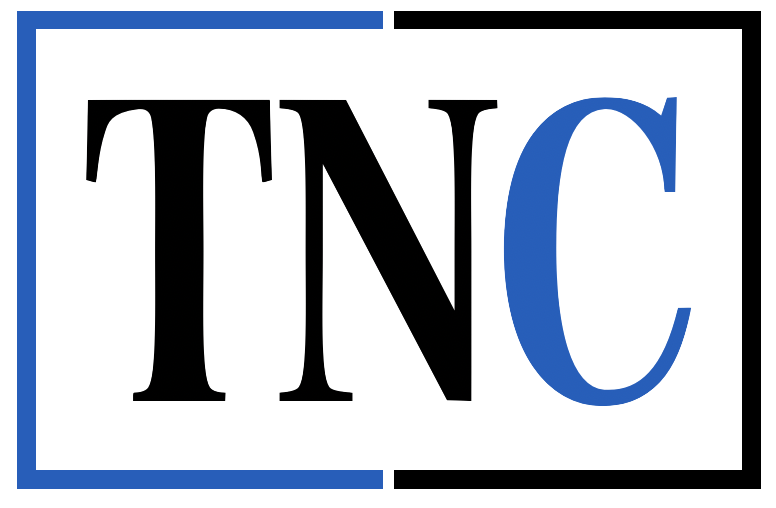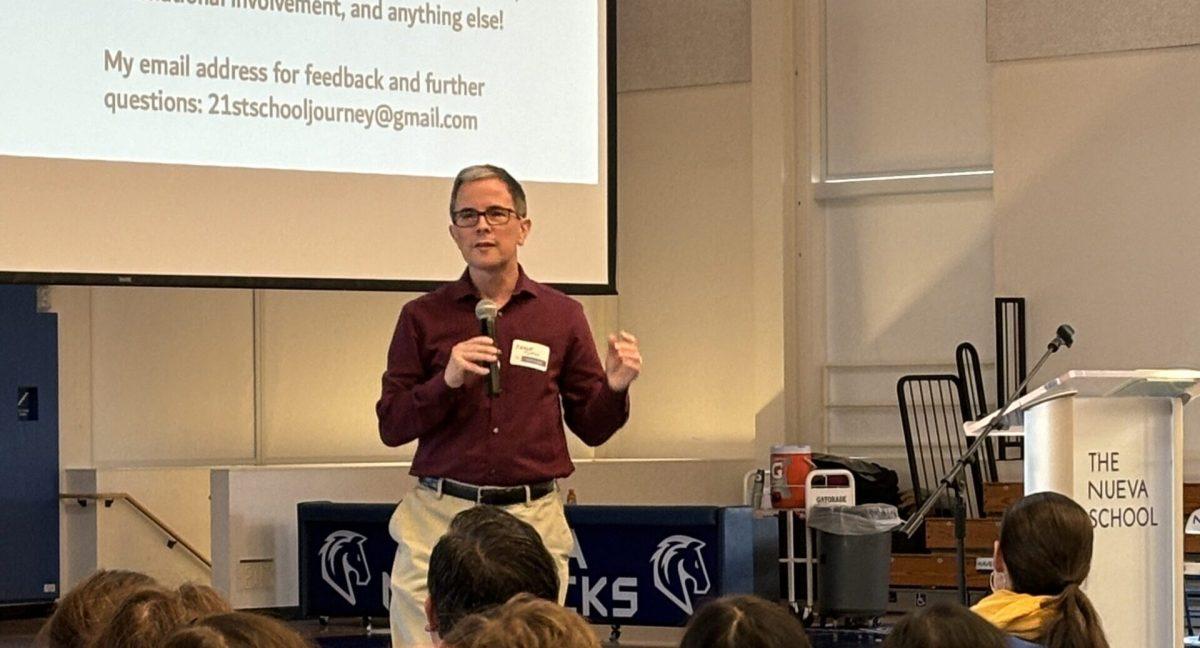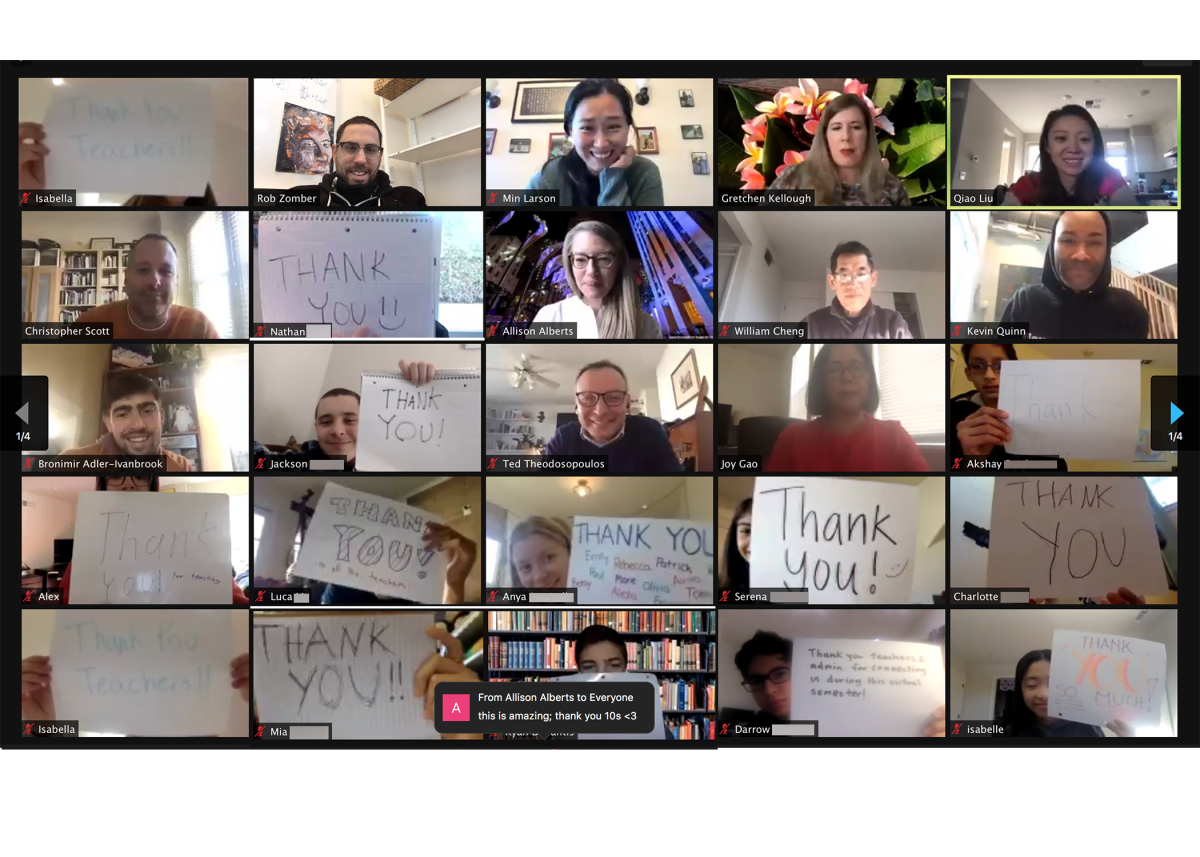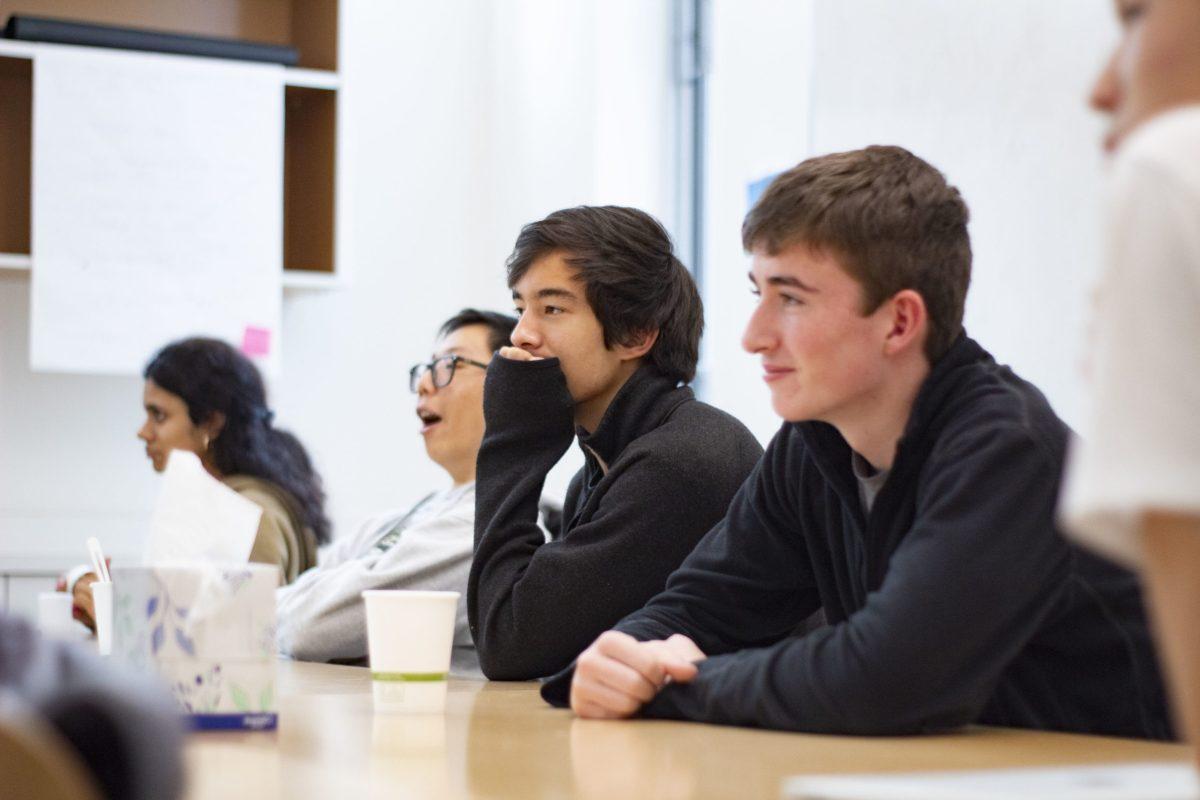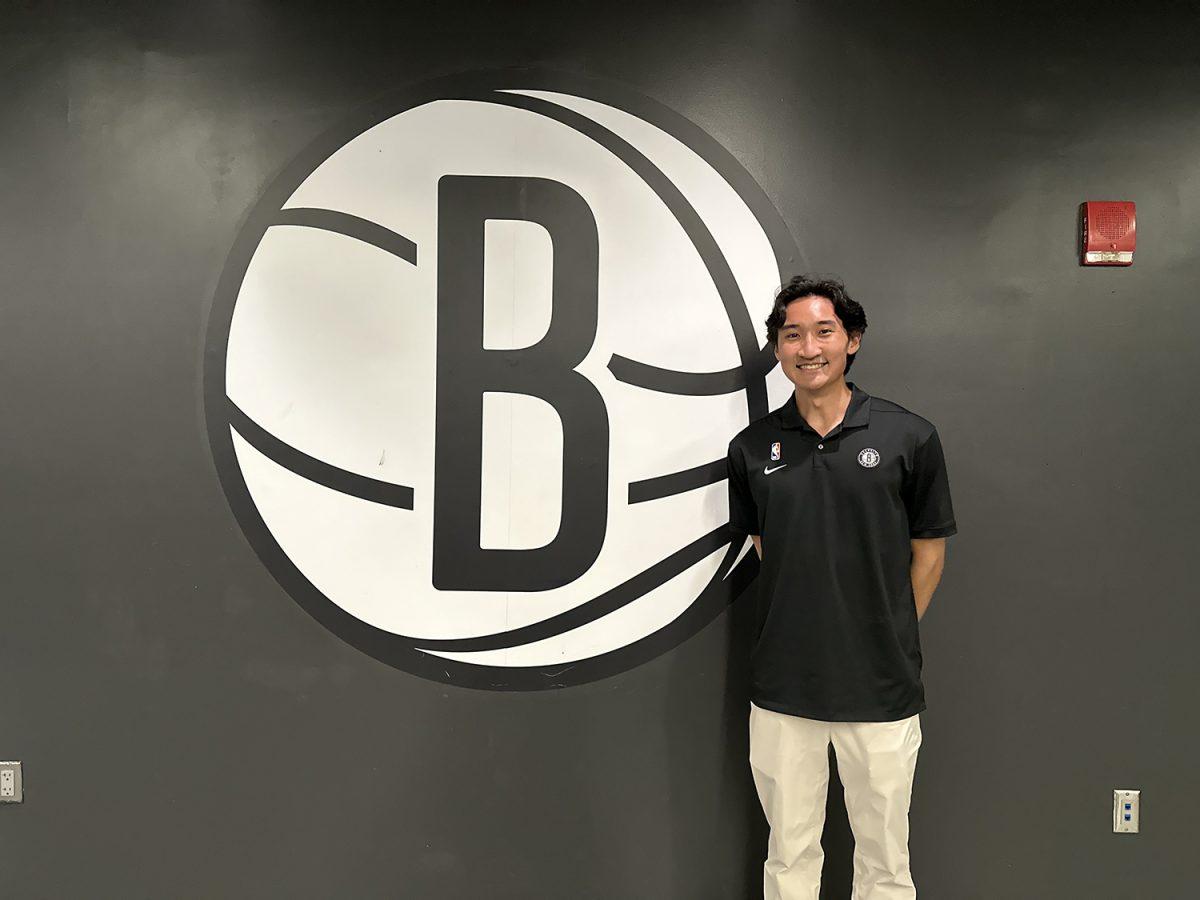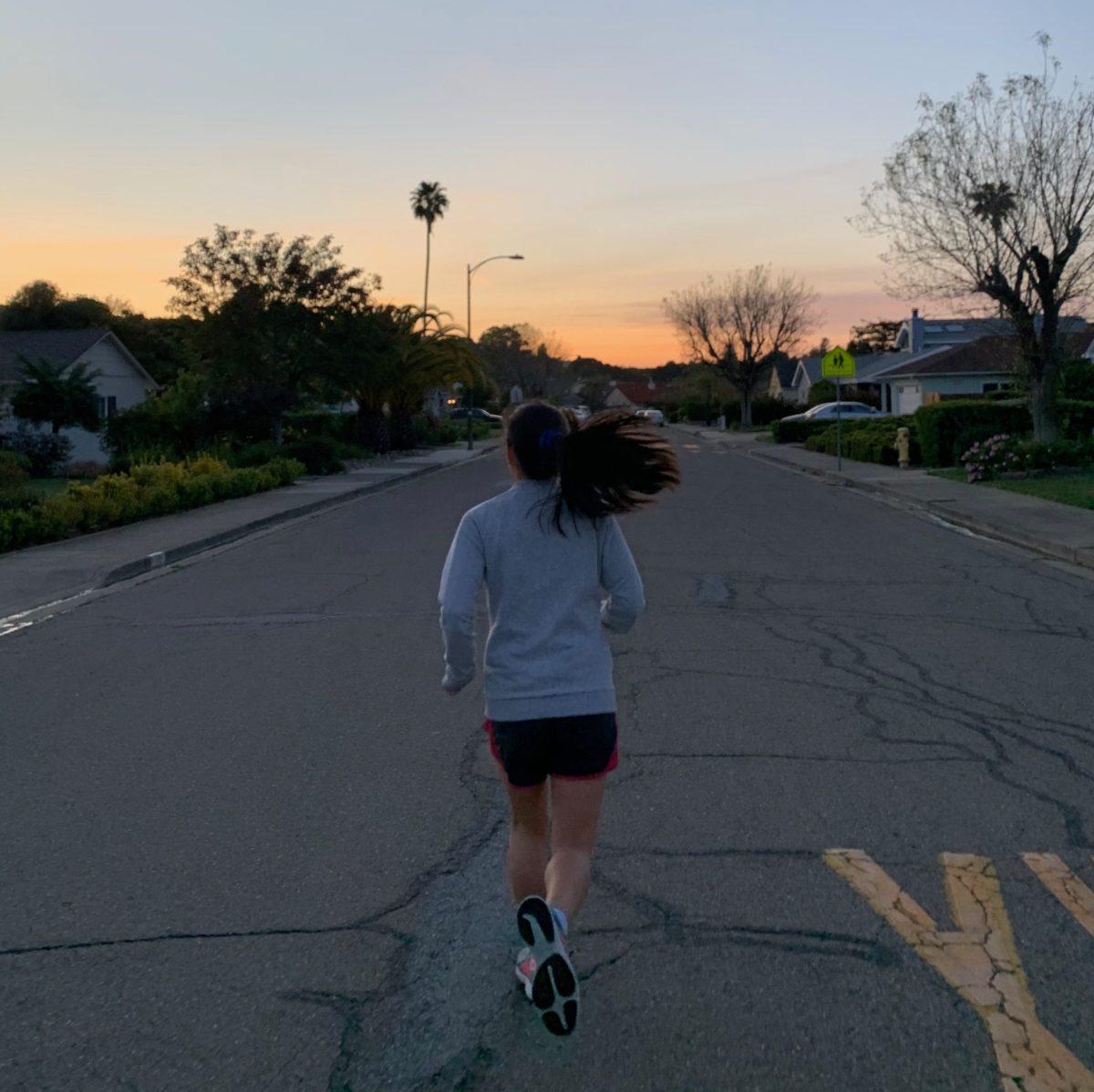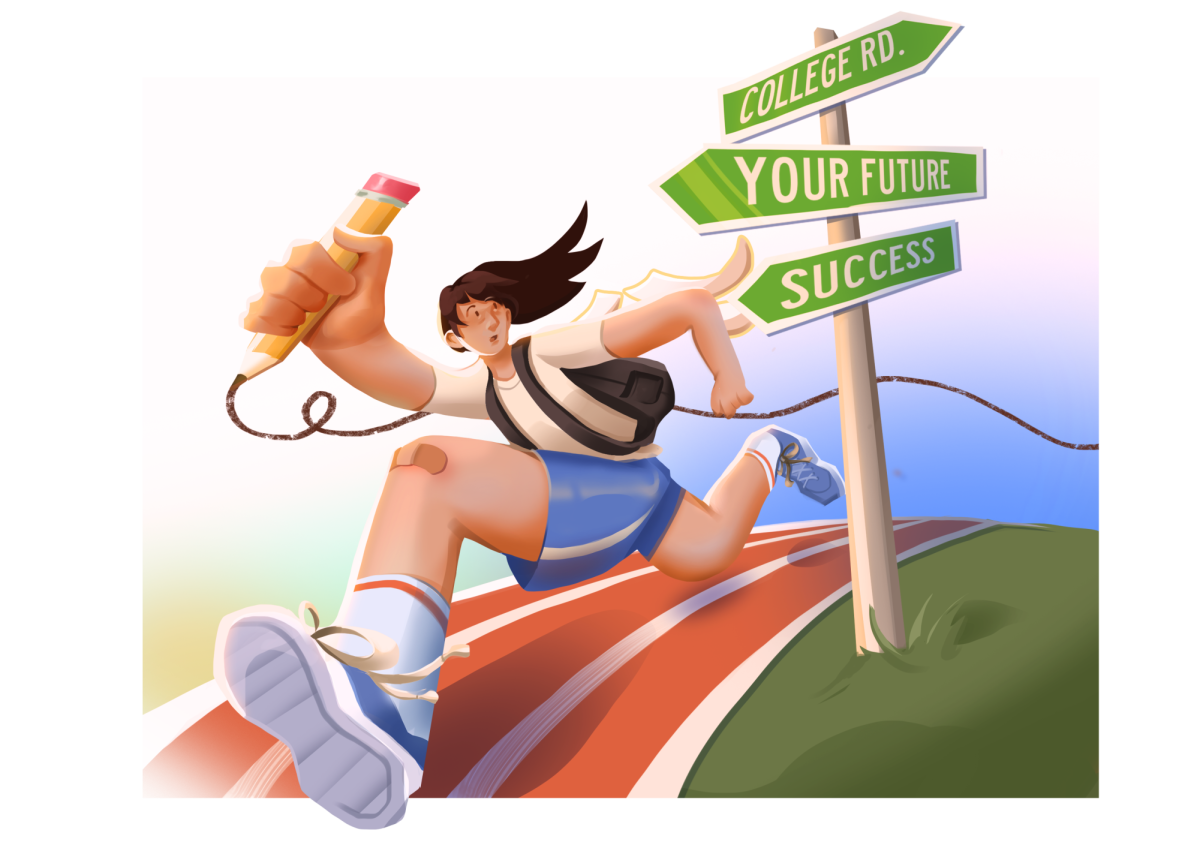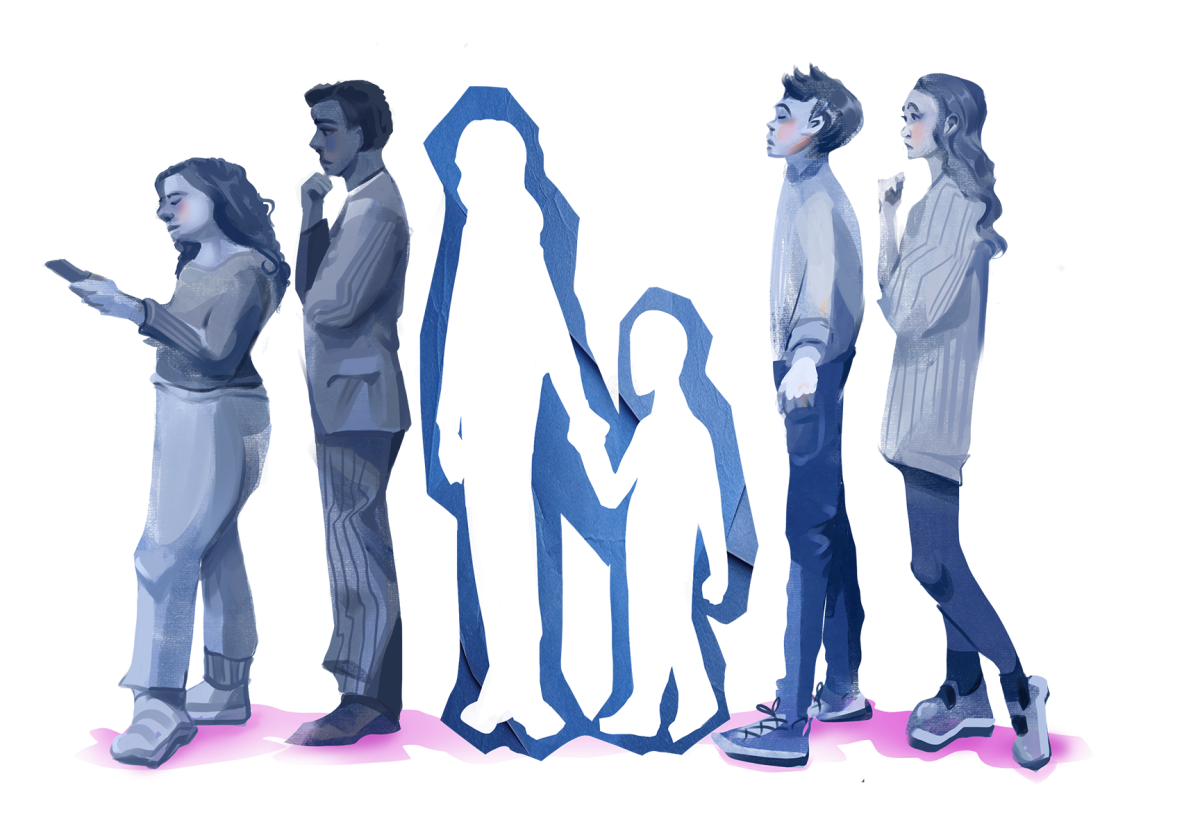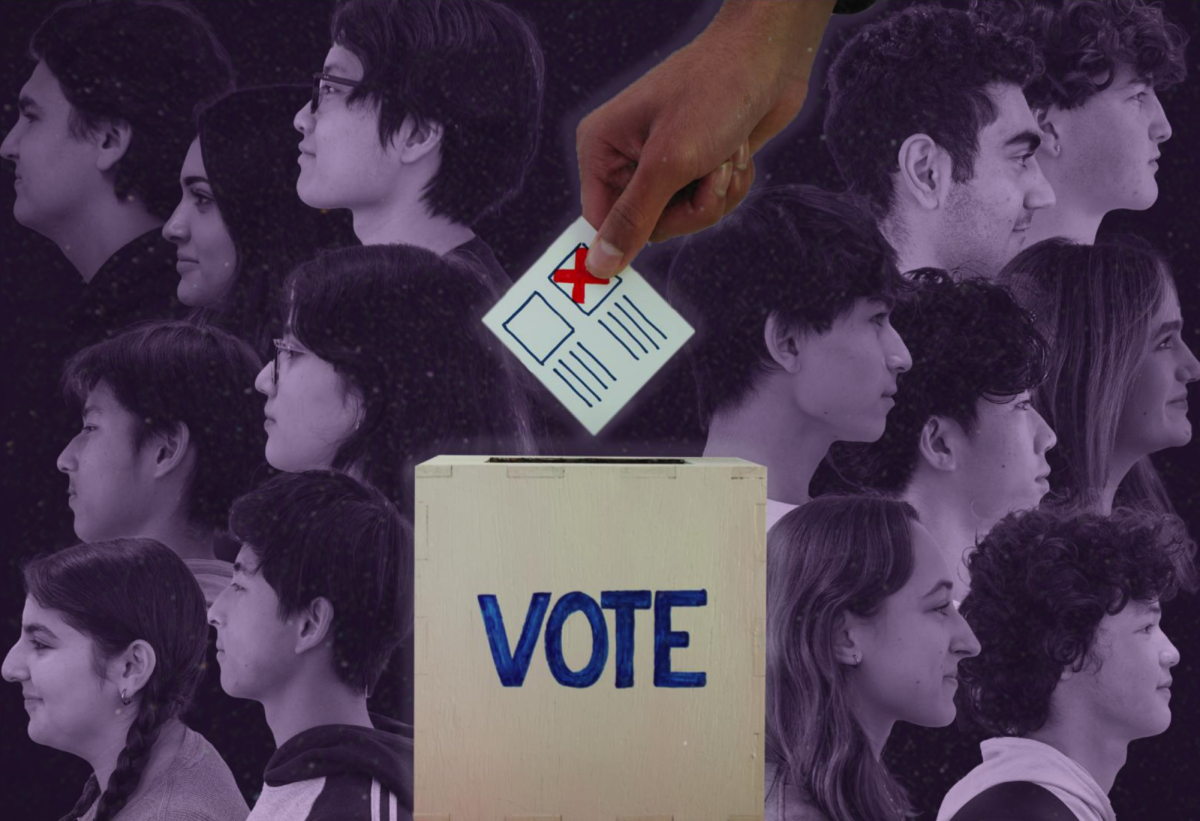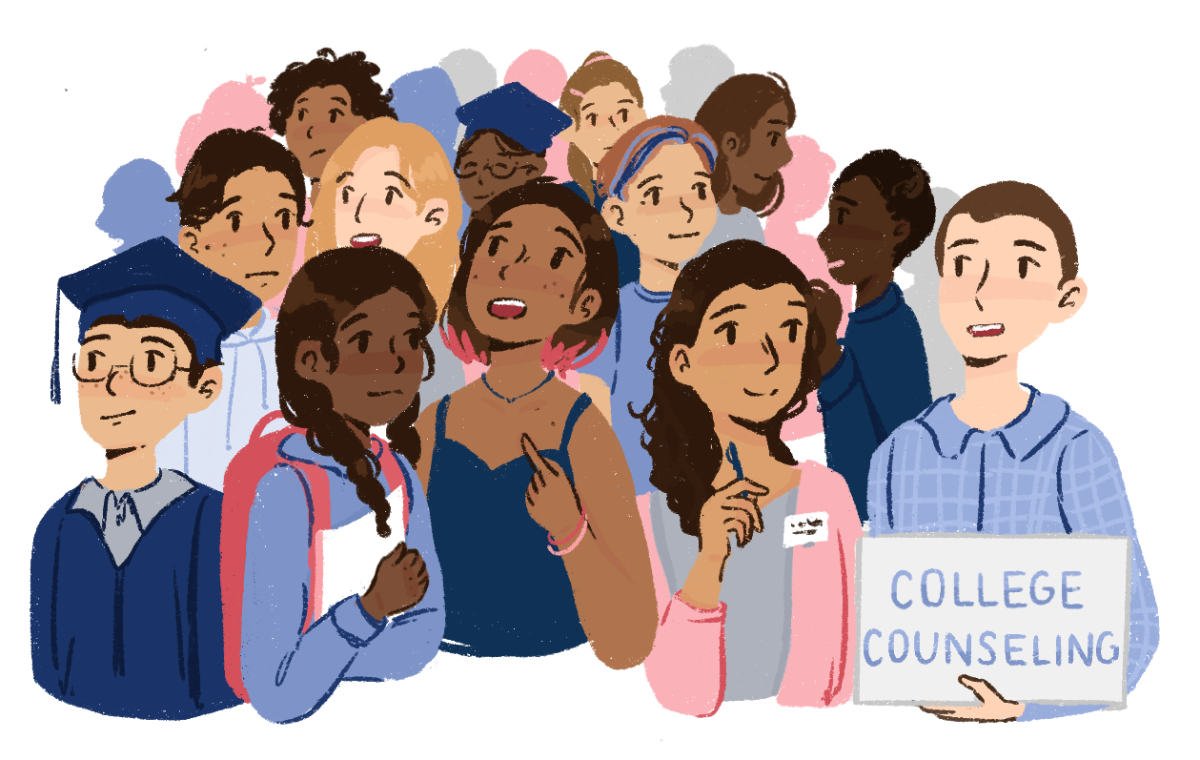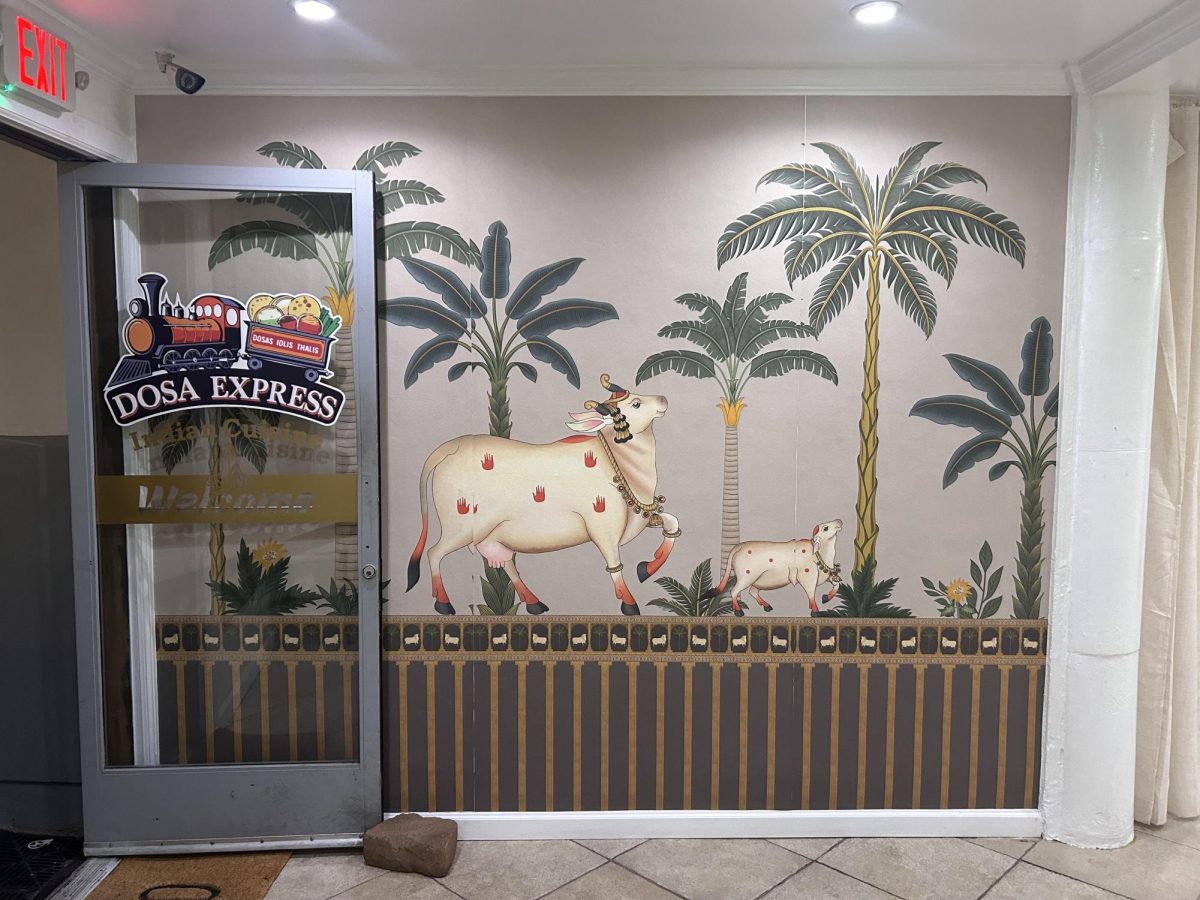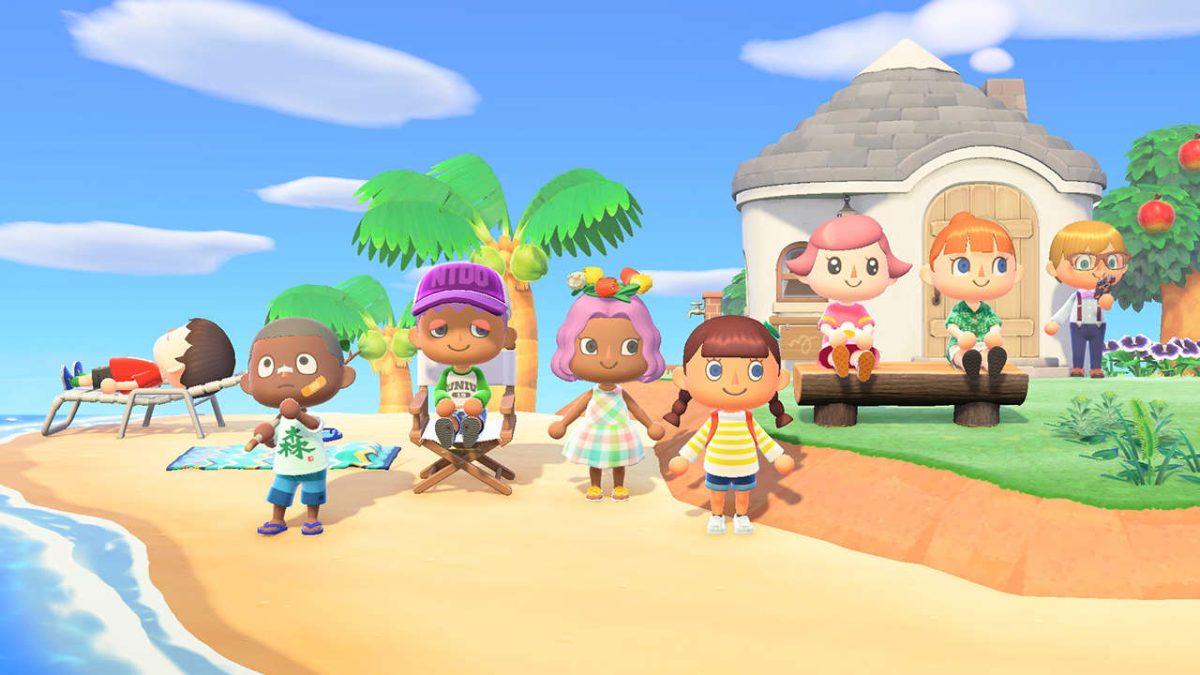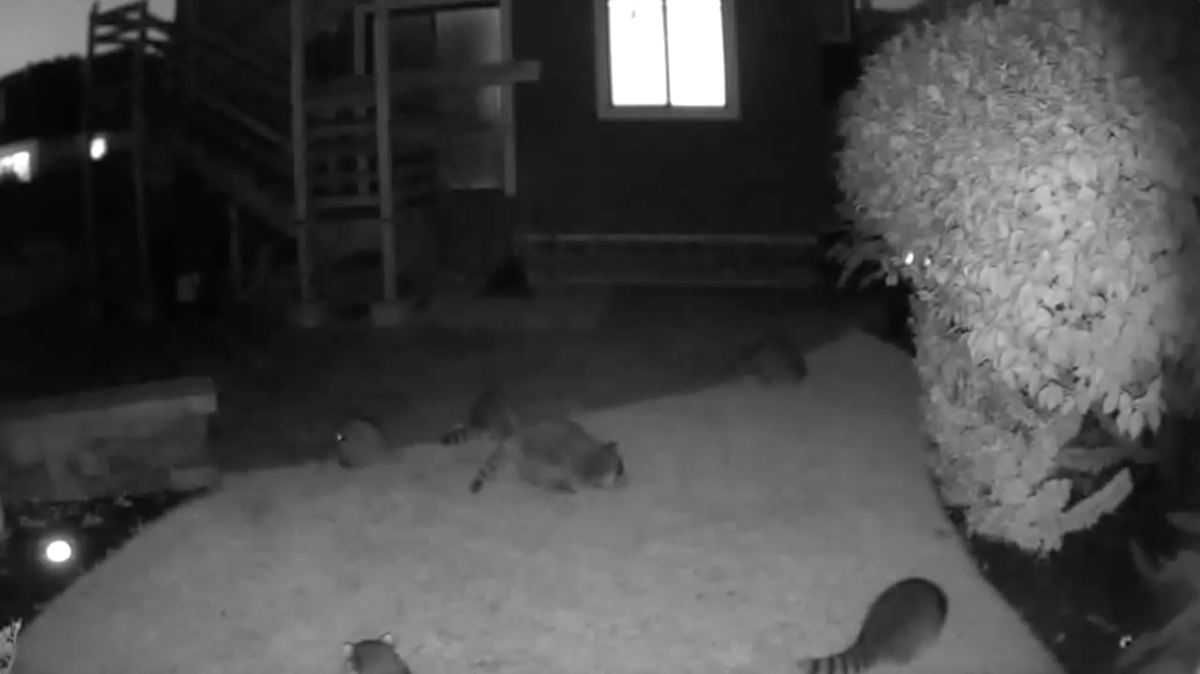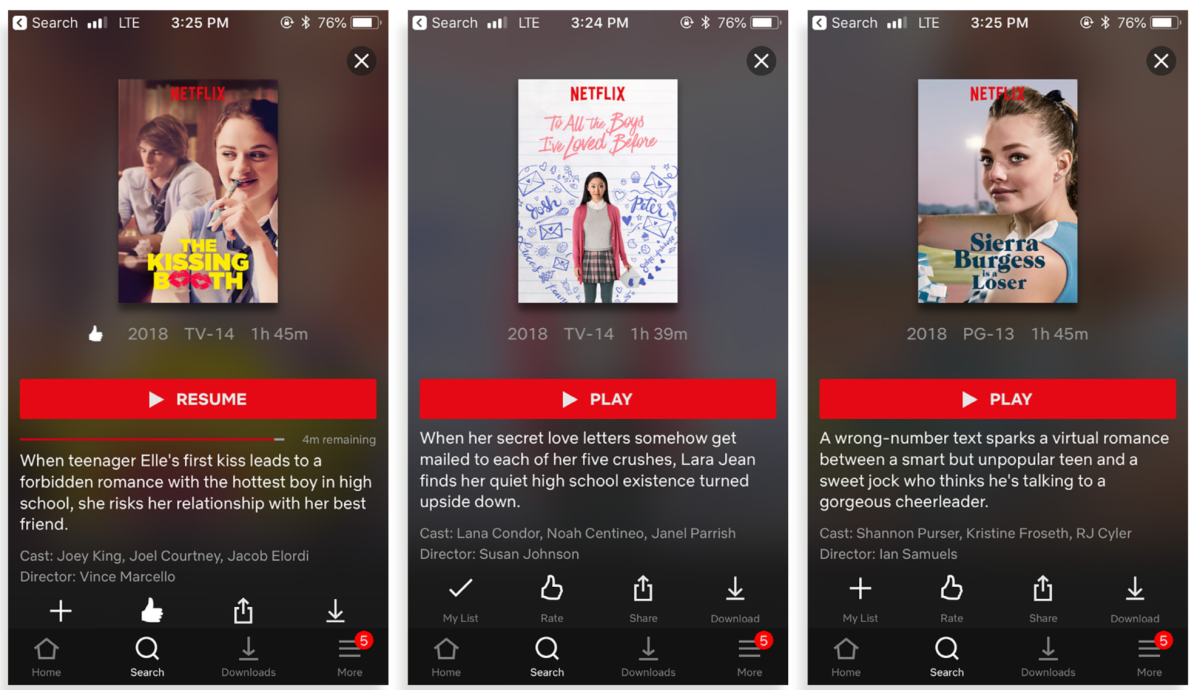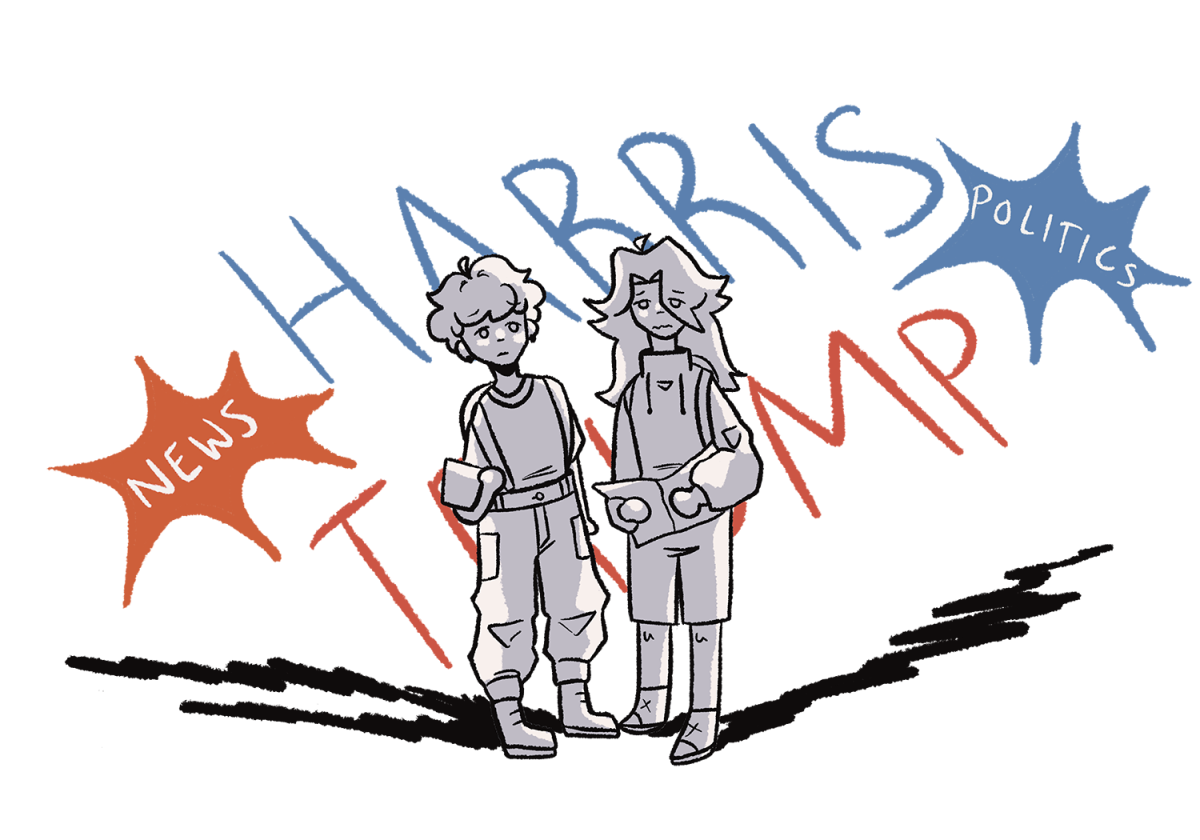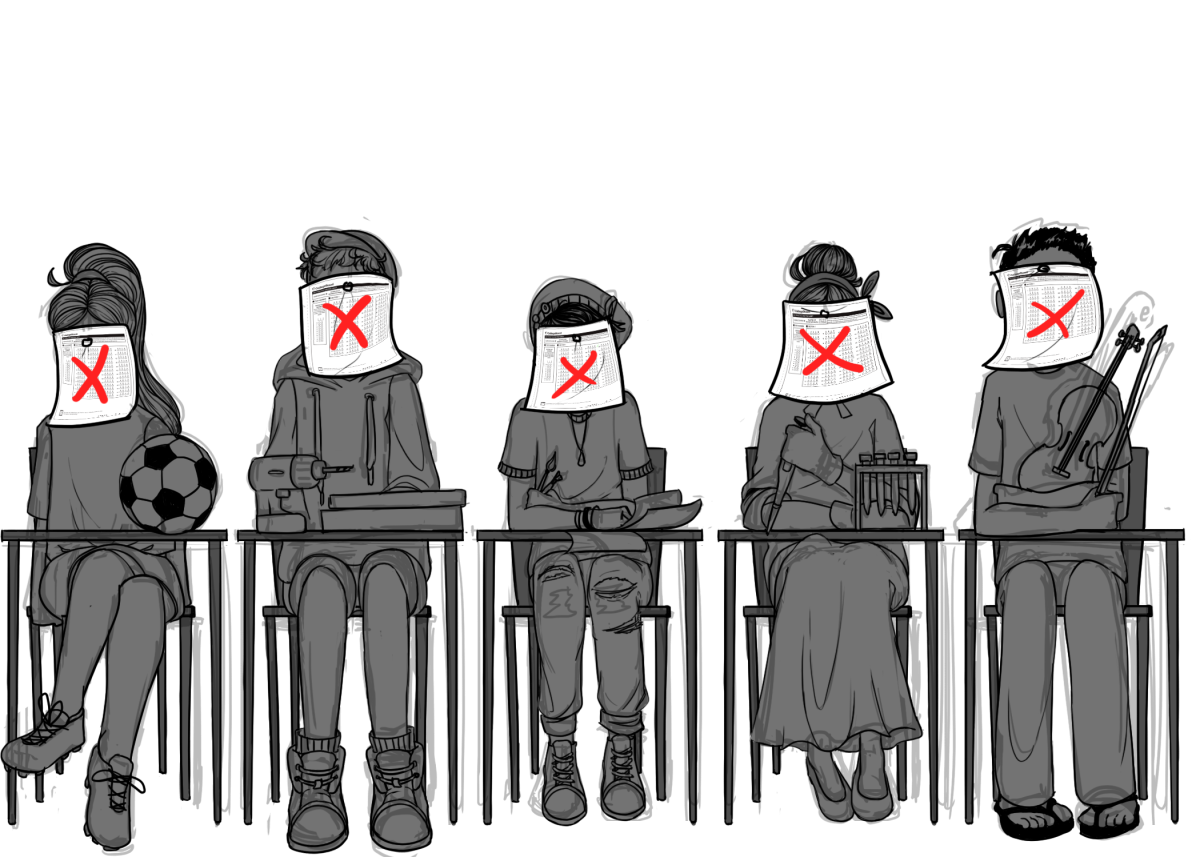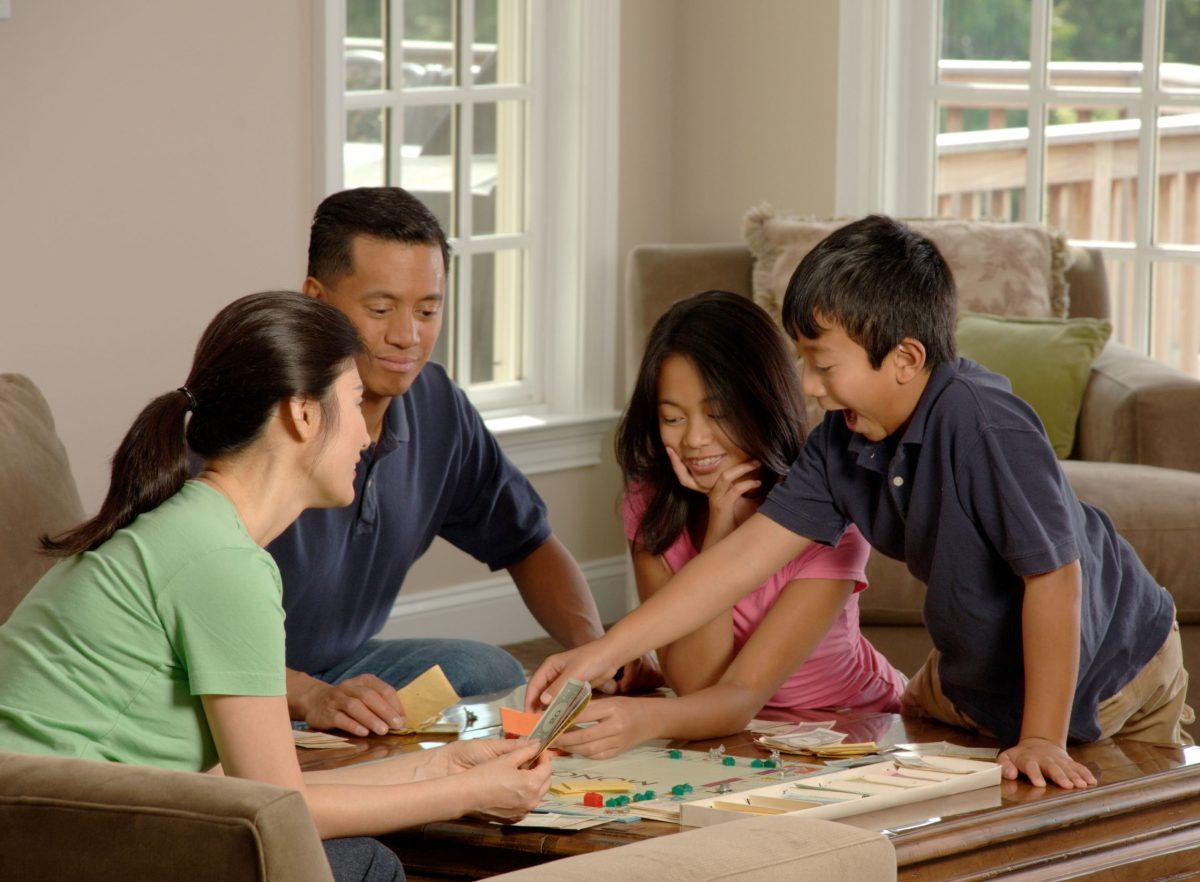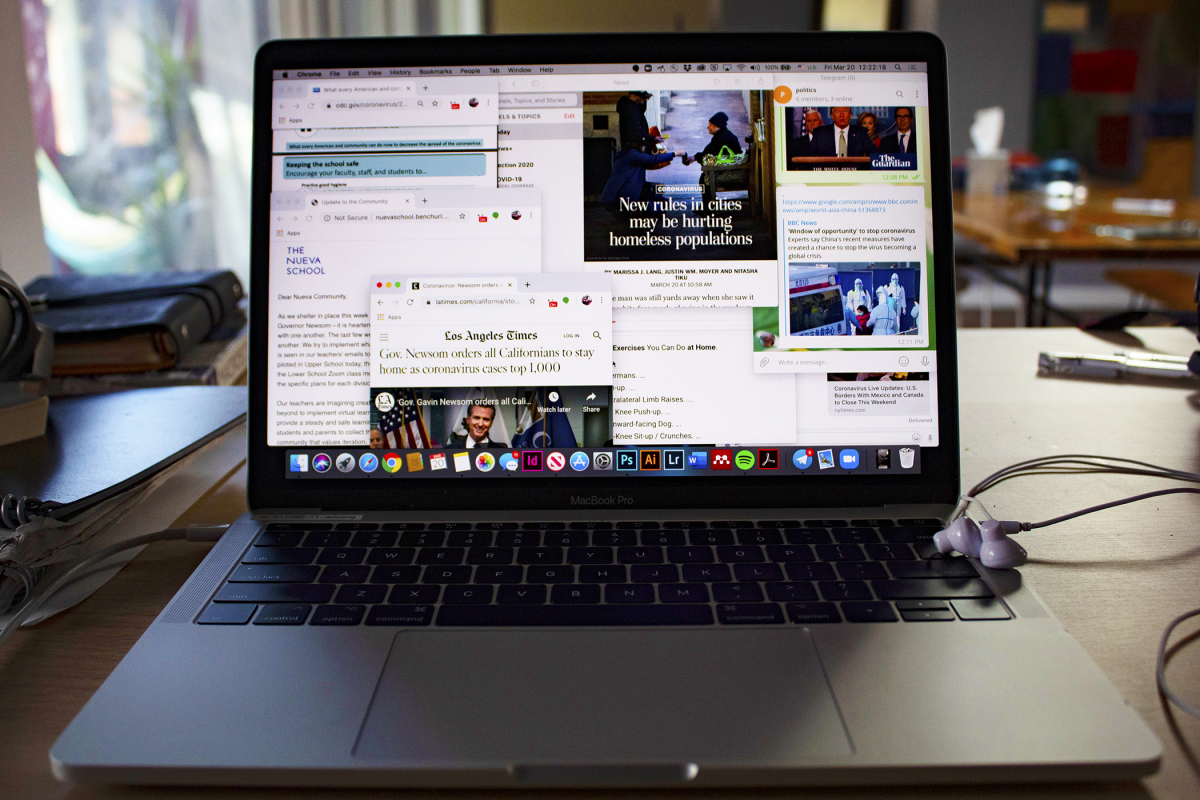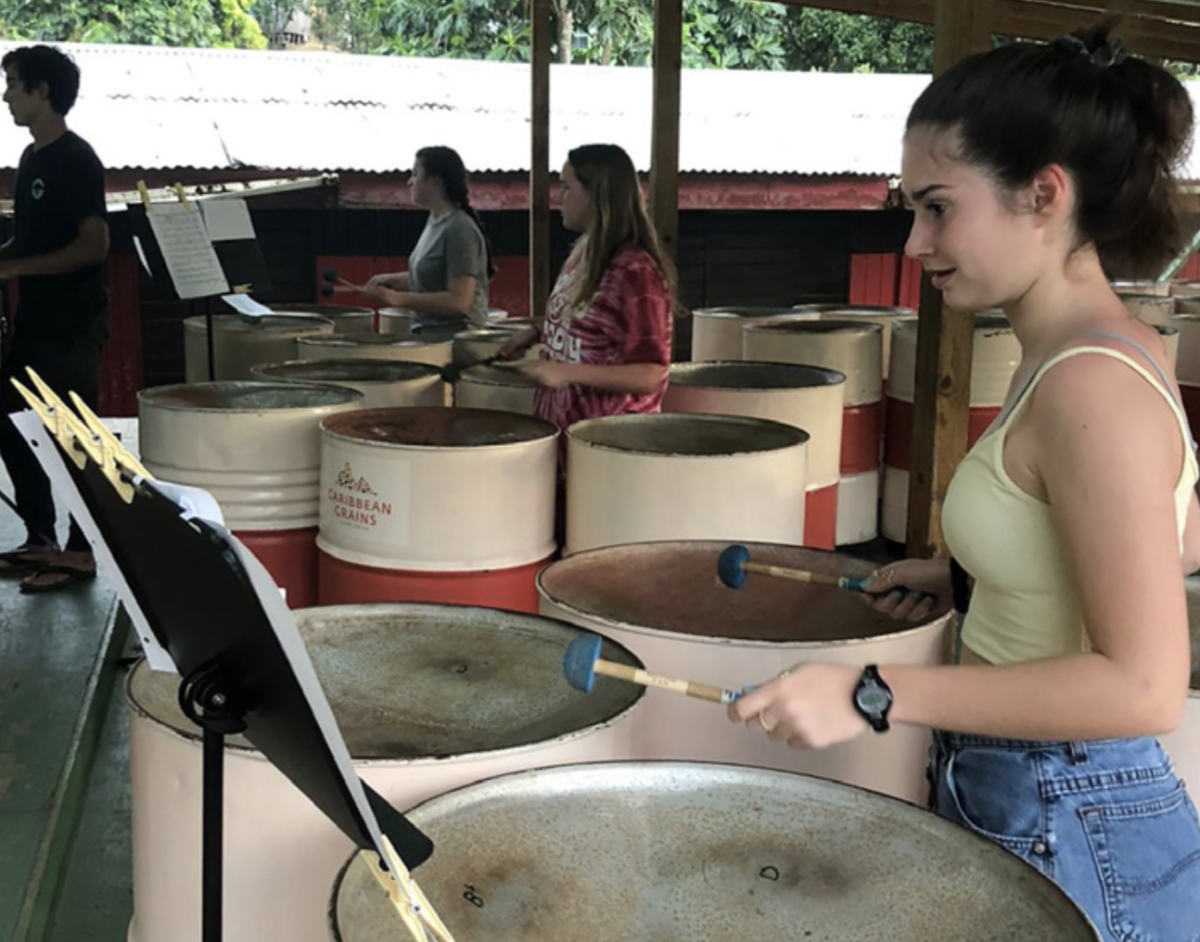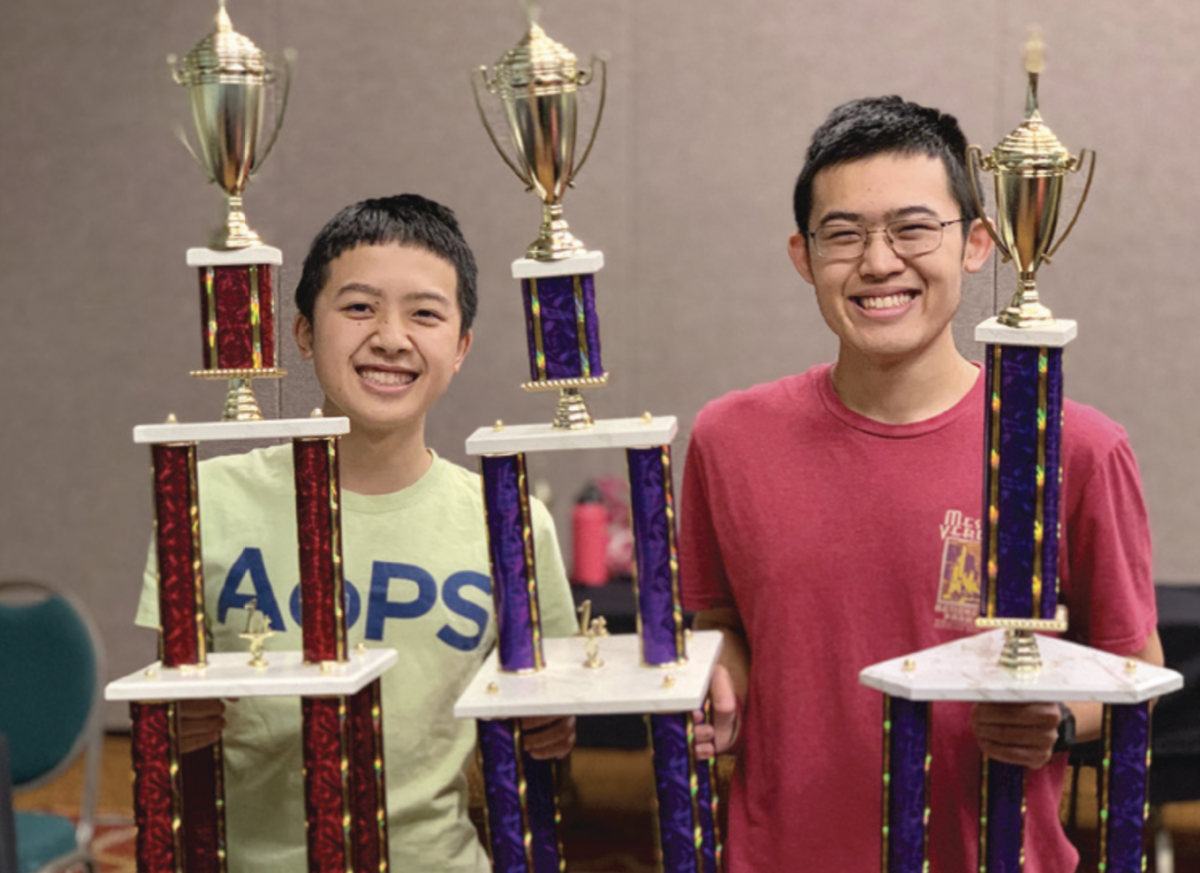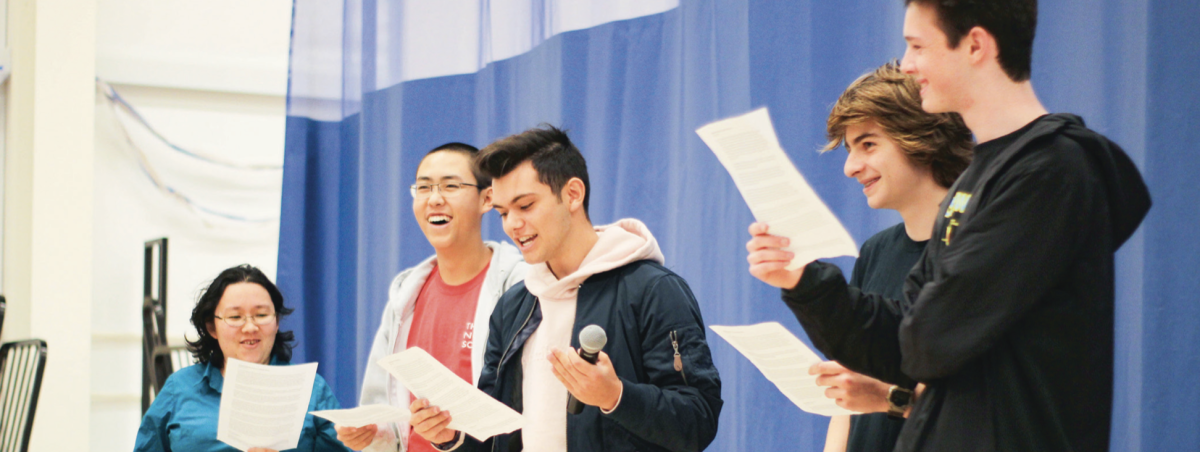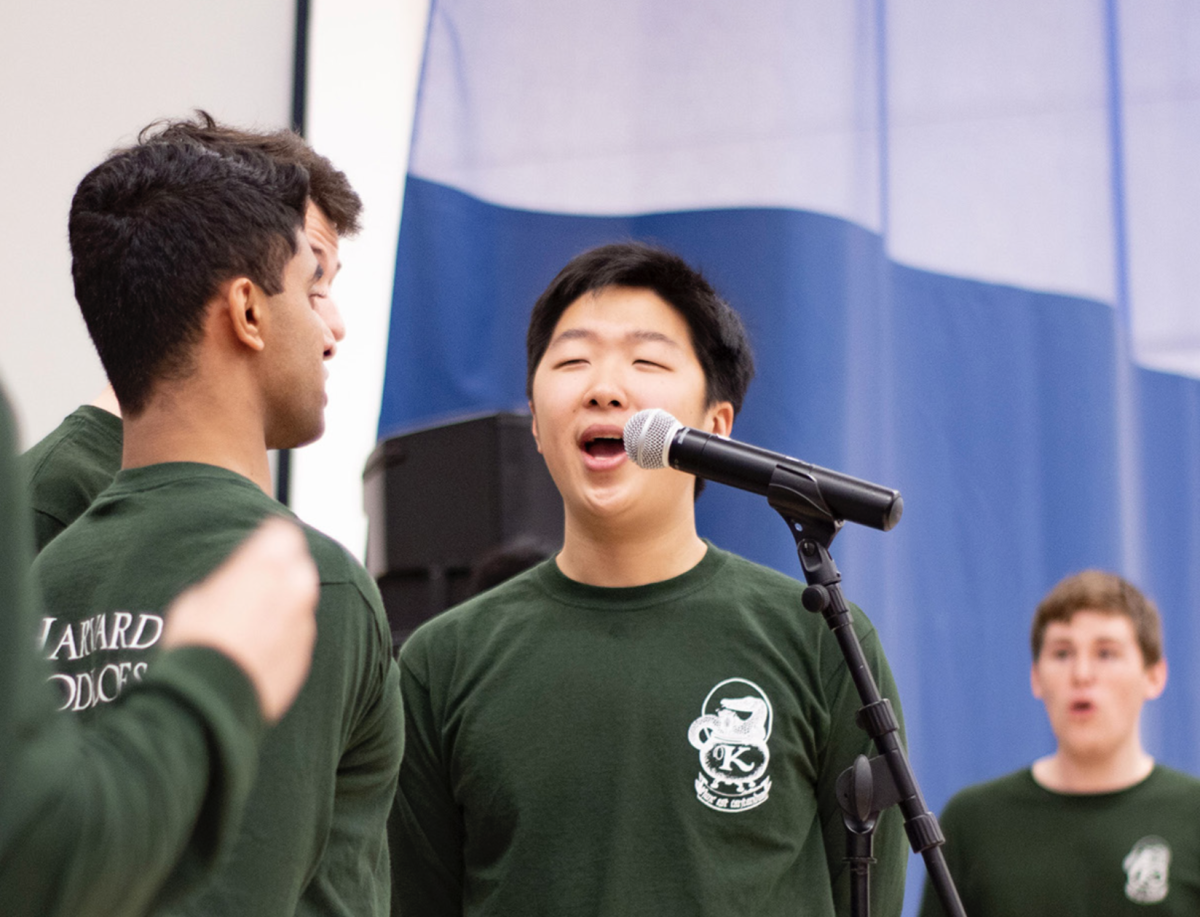The Science of Mind (SoM) classes are a hallmark of the upper school experience. Traditionally, this social-emotional learning (SEL) skills-based course has been required all four years. This year, the college counseling team, led by Gavin Bradley, worked closely with SoM teachers Olivia Barber and Sean Schochet as well as Director of Teaching and Learning Elizabeth Rossini to establish a new version of the course—renamed to Senior Block—for the current seniors to pilot.
“I think the SoM program was always one of the foundational elements of what was going to be different about Nueva, so I don’t want anyone to have the impression that this is a diminution, a reduction of SoM,” Bradley said. “I think it’s an evolution, and that’s how we are talking about it.”
With the Class of 2021 being the fifth graduating high school class, the upper school is still in its “adolescence,” as Bradley put it. It is at this crucial moment that the administration and college counseling team have been reevaluating various programs, thinking of ways to improve, evolve, and adapt the unique aspects of Nueva.
Initial conversations surrounding the conception of Senior Block were based on alumni feedback, many of whom described their senior SoM experience as gaining a broader vocabulary surrounding social-emotional wellbeing, as well as coping mechanisms and self-care. Many of these students, especially those who had attended the middle school, described feeling competent and well-versed in the wellness aspect, but would have liked more knowledge in the life skills area, such as resolving roommate issues and finances.
“I think SoM got very repetitive in the later years since a lot of the topics covered were the same every year,” Benjamin Cheng ’19 said. “It probably would have been more helpful to cover more relevant topics to modern culture and current events because everyone either knew the sex or drug ed content already or didn’t think it was that useful.”
Current seniors have echoed this perspective; they want to be prepared for life beyond high school.
“I definitely don’t want to be the person reading all the For Dummies books about how to do the basic adulting things,” Bahar J. ’21 said.
Since joining the upper school in 2018, Bradley has had conversations with now-retired Head of School Diane Rosenberg to voice ideas and potential routes to better support seniors in their transition to college. In designing this year’s Senior Block pilot, Bradley drew upon his experience at his previous school, where he ran mandatory programs surrounding drug and sex education. In SoM, drug and sex ed are both already embedded in the curriculum, but Bradley hopes that Senior Block activities will be able to go on a much deeper level that is not just theoretical or based on recent research, but applicable to a true and realistic college experience.
“I think the SoM program was always one of the foundational elements of what was going to be different about Nueva, so I don’t want anyone to have the impression that this is a diminution, a reduction of SoM. I think it’s an evolution, and that’s how we are talking about it.”
—Gavin Bradley, Director of College Counseling
Most of these content-driven programs will be mandatory sessions that occur in the spring semester, with the hope that both seniors and college counselors can use the fall semester to focus on college application work (the college counselors jokingly refer to October as “Sucktober”), catch up on sleep, and even learn to better manage their time. Already, the college counseling team and the Writing and Research Center staff have organized college essay workshops, and Bradley described how it was so much easier to schedule one-on-one meetings, something that was rare in the past, because of the allotted time during Senior Block.
“Instead of having to wait five or six days to try to get on our calendar…now, if someone asks for a meeting, I can usually get them on my Zoom within two or three days in most cases,” Bradley said.
Seniors have also appreciated this flexibility, using this newfound free block for a wide range of activities.
“So far, I’ve been using them to meet with teachers, catch up on assignments, take naps, and even to go for walks,” Bahar said. “I think especially for seniors, having a set time to do work, de-stress, and other activities is amazing.”
The first semester would also be valuable to teach students about managing their free time. Bradley described the tremendous shift from high school to college in terms of schedule freedom to be very different. In high school, there is the typical 9:00 a.m. to 3:30 p.m. block of pure school, amounting to over 30 hours of high school in one week, whereas Bradley estimated that students would be in college classes for just 10 to 15 hours.
“Part of this is…a taste of what it’s like to manage free time,” Bradley said.
Though Bradley admitted that their plan for this first semester has not been as solidified as they would have liked—due to the COVID-19 pandemic and the shift to remote learning—he emphasized the mandatory nature and the importance of attending the spring semester sessions, which will have a much clearer focus on content.
“I don’t want people to take [fall semester] for granted, and then second semester, be surprised and reluctant to participate,” Bradley said. “The essay workshops were optional…and we had about half the class take at least one of the workshops, which is great. But in the second semester, when we’re doing sexual assault [and] sexual violence… it’s going to be very required, attendance will be taken.”
Most of the ideas that have been brought up thus far are not planned to be taught by college counselors. Rather, the sex and drug education, financial literacy, academic choice, and college life transition will be led by other content providers, such as alumni or staff from colleges and universities.
Despite the uncertainties surrounding the operations of Senior Block, the college counseling team is excited to continue these “evolving conversations.” They hope that students will feel more prepared and versed in the different student- and education-related policies, college academics, life skills, and the transition to college life.
Photo by Willow Taylor C. Y.
